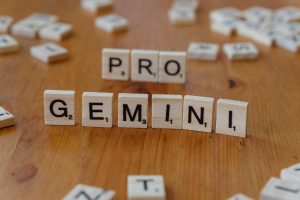I don’t think AI is going to make disinformation worse.
The Impact of AI on Disinformation: A Nuanced Perspective
In recent discussions, a common concern has emerged: will artificial intelligence exacerbate the spread of misinformation? Many fear that as AI becomes more capable of generating vast amounts of content, the volume of disinformation will skyrocket, making it increasingly difficult to discern truth from falsehood.
While this worry seems logical at first glance—considering the sheer quantity of AI-produced “junk” content flooding social media—it’s worth taking a step back and examining the core dynamics involved.
Imagine spending time scrolling through platforms like TikTok. Regardless of whether the content is human-made or AI-generated, your exposure has a limit. Typically, most users will encounter around 100-150 short videos in a session. The introduction of AI-generated clips doesn’t necessarily mean you’ll see more disinformation; it just shifts the origin of the content.
This is because the volume of disinformation already present—created by humans over countless years—is immense. Aggregated, it has saturated our feeds and minds to such an extent that adding an additional petabyte of false content doesn’t significantly alter what we consume or how our brains process it.
In reality, our attention is drawn to specific types of content, whether that’s humorous cat videos, viral mishaps, or emotionally charged political debates. These patterns remain consistent over time. The proportions of different content genres we engage with aren’t likely to change dramatically due to AI’s involvement.
Furthermore, AI-driven disinformation often takes more subtle forms—like edited clips or contextually manipulated videos that seem believable. For example, a doctored video featuring a public figure saying something they never did can be more insidious precisely because it appears authentic. Yet, considering the vast volume of media we already consume, such manipulated content may not significantly increase overall misinformation exposure.
In essence, the primary challenge remains how we process existing media landscape rather than an exponential increase driven solely by AI. Our cognitive biases and media consumption habits play a more significant role in shaping our perception of truth than the mere volume of available content.
What are your thoughts? Do you believe AI will substantially impact the proliferation of disinformation, or are these concerns overstated?














Post Comment